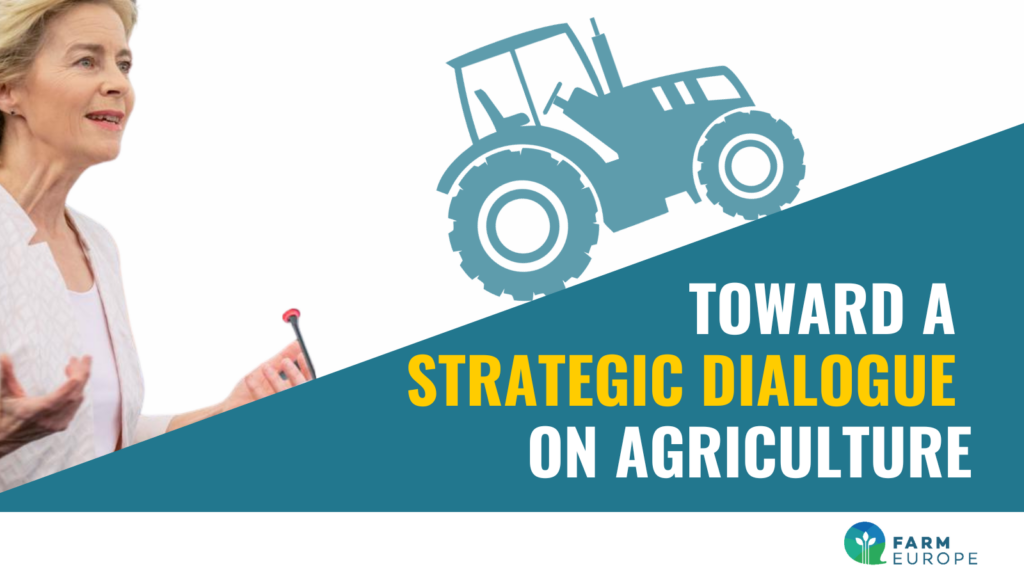Farm Europe is often questioned on the issue of glyphosate. We do not currently have a team of scientists experts in assessing the health and environmental risks associated with plant protection products. We are therefore careful not to take a position on the quality of the work done by scientists and by the European Food Safety Authority in particular.
However, we regret a form of “green populism” that appears every time the glyphosate issue comes up, using fears in an attempt to gain electoral market share or easy visibility at the expense of the farmers who use this product. Currently glyphosate meets a need, including for certain practices that reduce emissions, such as no-till farming. More than ever, with the European elections approaching, we believe that rather than undermining their credibility, pro-European forces committed to a rational debate based on science should strengthen confidence in EU institutions and their ability to manage risks, protect nature and the health of Europeans.
If it turns out that any element has not been properly taken into account, the re-authorisation proposal should be reviewed, as the European Commission intends to do, including if new evidence comes to light. It is for this reason that the authorisation proposed by the European Commission is accompanied by a list of appropriate restrictions on usages. On the proposal itself, we consider that the restrictions must be clearly set at European level in order to guarantee the integrity of the internal market, therefore those decisions must not be left at the discretion of the Member States. In addition, the same rules must apply to imported food products.
In any event, we recognise the political and administrative courage of all those involved in managing this sensitive file, and are convinced that they are fully aware of their responsibilities.
Furthermore, let’s encourage research and innovation !
